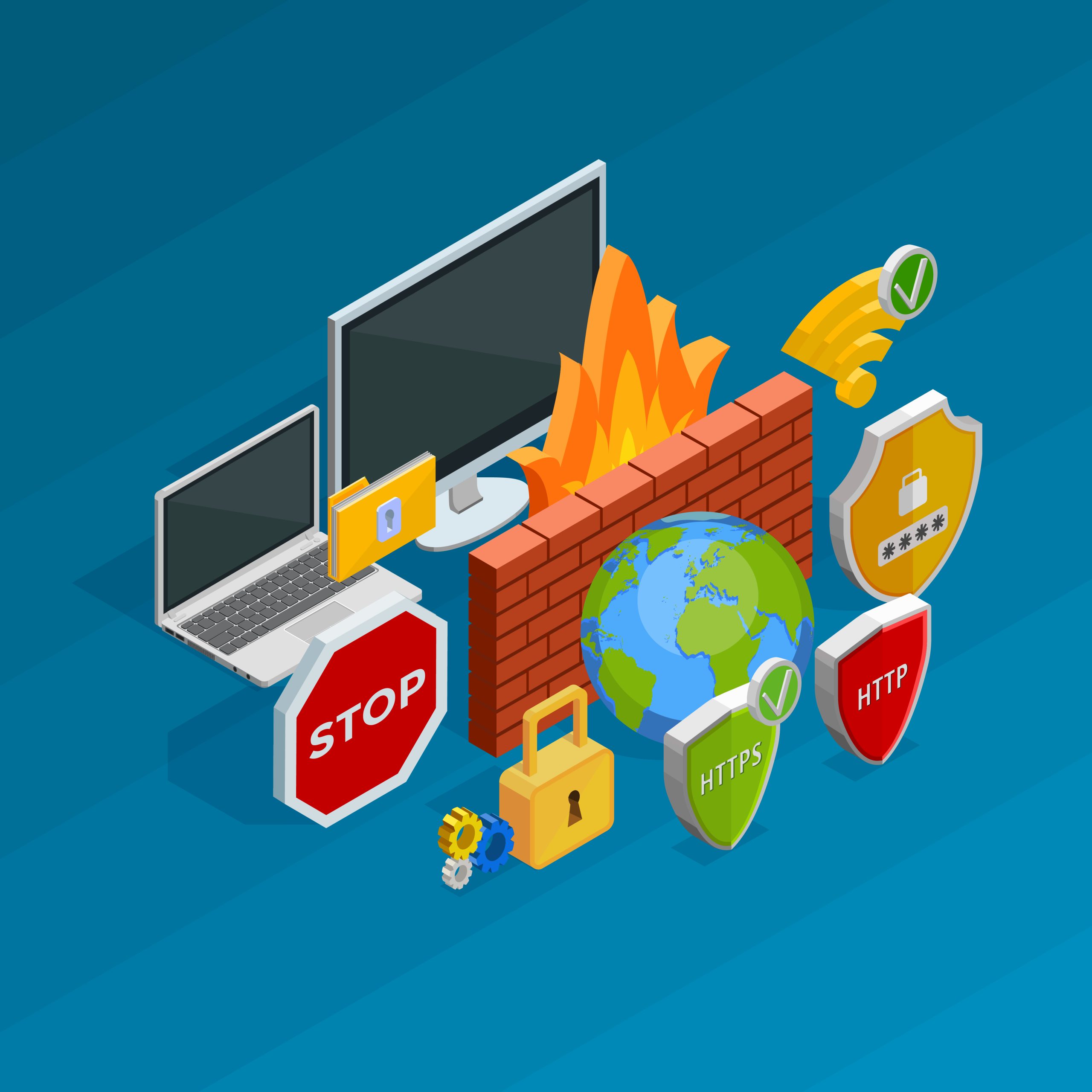In today’s digital landscape, where cyber threats are increasingly sophisticated and prevalent, the role in securing hosting environments cannot be overstated. Whether you are running a small business website, managing a large e-commerce platform, or hosting critical applications, serve as the first line of defense against a myriad of potential threats.
Table of Contents
Understanding Firewalls
At its core, a firewall acts as a barrier between your internal network (or hosted environment) and external networks, such as the internet. It monitors and controls incoming and outgoing network traffic based on predetermined security rules. By analyzing data packets and determining whether to allow or block them, prevent unauthorized access, malicious attacks, and other security risks from compromising your hosted resources.
Types of Firewalls
It come in various forms, each suited to different hosting environments:
- Network-Based Firewalls: Positioned at the network perimeter, these firewalls filter traffic between external networks and your hosting environment. They are effective for protecting entire networks and are often deployed in corporate settings or data centers.
- Host-Based Firewalls: Installed directly on individual servers or devices, host-based firewalls provide granular control over traffic entering and leaving specific systems. They are valuable for securing virtual private servers (VPS), dedicated servers, and cloud instances.
- Cloud-Based Firewalls: Designed for virtualized environments and cloud hosting platforms, these firewalls offer scalability and flexibility. They protect cloud infrastructure and applications by filtering traffic before it reaches hosted resources.
Protecting Against Common Threats
Firewalls play a crucial role in mitigating a wide range of threats that can impact hosting environments:
- Malware and Viruses: By inspecting incoming files and data packets, firewalls can block malicious code and prevent malware from infecting servers or compromising hosted websites.
- Unauthorized Access Attempts: Firewalls enforce access control policies, ensuring only authorized users and services can communicate with hosted resources. They prevent unauthorized access attempts, such as brute-force attacks targeting server login credentials.
- Denial-of-Service (DoS) and Distributed Denial-of-Service (DDoS) Attacks:It can detect and mitigate DoS and DDoS attacks by filtering out excessive traffic or identifying patterns indicative of an attack. This helps maintain availability and performance of hosted services during such assaults.
- Application Layer Threats: Advanced with deep packet inspection capabilities can detect and block sophisticated threats targeting specific applications or protocols, such as SQL injection attacks or cross-site scripting (XSS).
Firewall Configuration and Best Practices
Effectively configuring is critical to their effectiveness in securing hosting environments:
- Rule-Based Filtering: Define and enforce specific rules governing which types of traffic are permitted or denied based on criteria such as IP addresses, ports, and protocols.
- Regular Updates and Patching: Keep firewall software up to date to address vulnerabilities and ensure compatibility with evolving threats and technologies.
- Monitoring and Logging: Enable logging to track firewall activity and monitor for suspicious or unauthorized access attempts. Analyzing logs helps identify potential security incidents and fine-tune firewall configurations.
Conclusion
In conclusion, they are indispensable components of a robust security strategy for hosting environments. They provide essential protection against a wide array of threats, safeguarding data, applications, and services hosted on servers or in the cloud. By implementing and maintaining firewalls effectively, hosting providers and businesses can enhance their security posture, reduce the risk of breaches, and maintain the confidentiality, integrity, and availability of their hosted resources.
As cyber threats continue to evolve, firewalls will remain essential tools in defending against malicious actors seeking to exploit vulnerabilities in hosting environments. Investing in comprehensive firewall solutions and staying vigilant with security practices will ensure that your hosted infrastructure remains secure and resilient against current and future threats in the digital landscape.

